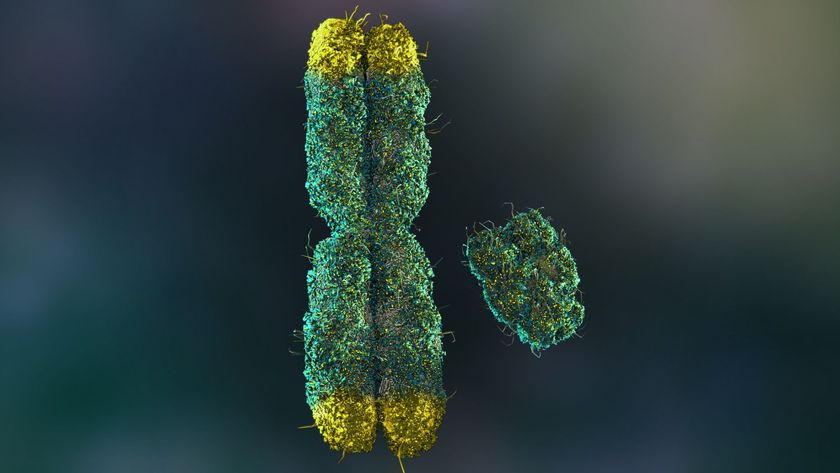Why Women Worry So Much

Scientists have known that on the whole, females of all ages tend to worry more and have more intense worries than males. Women also tend to perceive more risk in situations and grow more anxious than men.
Now we know why.
Women are more likely than men to believe that past experiences accurately forecast the future, according to two new studies.
The research, involving both 3- to 6-year-olds and adults of both genders, tested the extent to which participants' thought that worry can be caused by thinking that a bad event that happened in the past could happen again in the future. (This skill, in its simplest form, is critical to social understanding as it is important to making decisions and assessing risk.)
For the first study, subjects listened to six stories that featured characters harmed by another person or animal in the story. Many days later, the character felt worried or changed their behavior when confronted with the same wrongdoer who had hurt them before. (For example, if one little boy stole a toy from another, the child might be worried when he saw that boy again and hide the new toy he was playing with.)
The second study was the same, except that the person or animal the character ran across later only looked similar to the one that had harmed them before.
At the end of each story, the participants were asked to explain why the character was worried or changed their behavior.
Sign up for the Live Science daily newsletter now
Get the world’s most fascinating discoveries delivered straight to your inbox.
Females, both children and adults, were more likely to use uncertainty to explain the character's reaction, that is, they tended to explain the reaction in terms of events that might happen versus those that will happen, the researcher reported. They also tended, more than males, to predict that the characters who encountered the new character who looked similar to the wrongdoer would feel worried because they thought the new character would also do them harm.
The studies, detailed in the Sept./Oct. issue of the journal Child Development, also found that children increasingly made these kinds of past-to-future connections as they got older, which yields insight into their cognitive development.
"These results are significant because they reveal that knowledge about the impact of past-to-future thinking on emotions and behaviors develops during the preschool years," said study author Kristin Lagattuta of the University of California, Davis.

Andrea Thompson is an associate editor at Scientific American, where she covers sustainability, energy and the environment. Prior to that, she was a senior writer covering climate science at Climate Central and a reporter and editor at Live Science, where she primarily covered Earth science and the environment. She holds a graduate degree in science health and environmental reporting from New York University, as well as a bachelor of science and and masters of science in atmospheric chemistry from the Georgia Institute of Technology.











